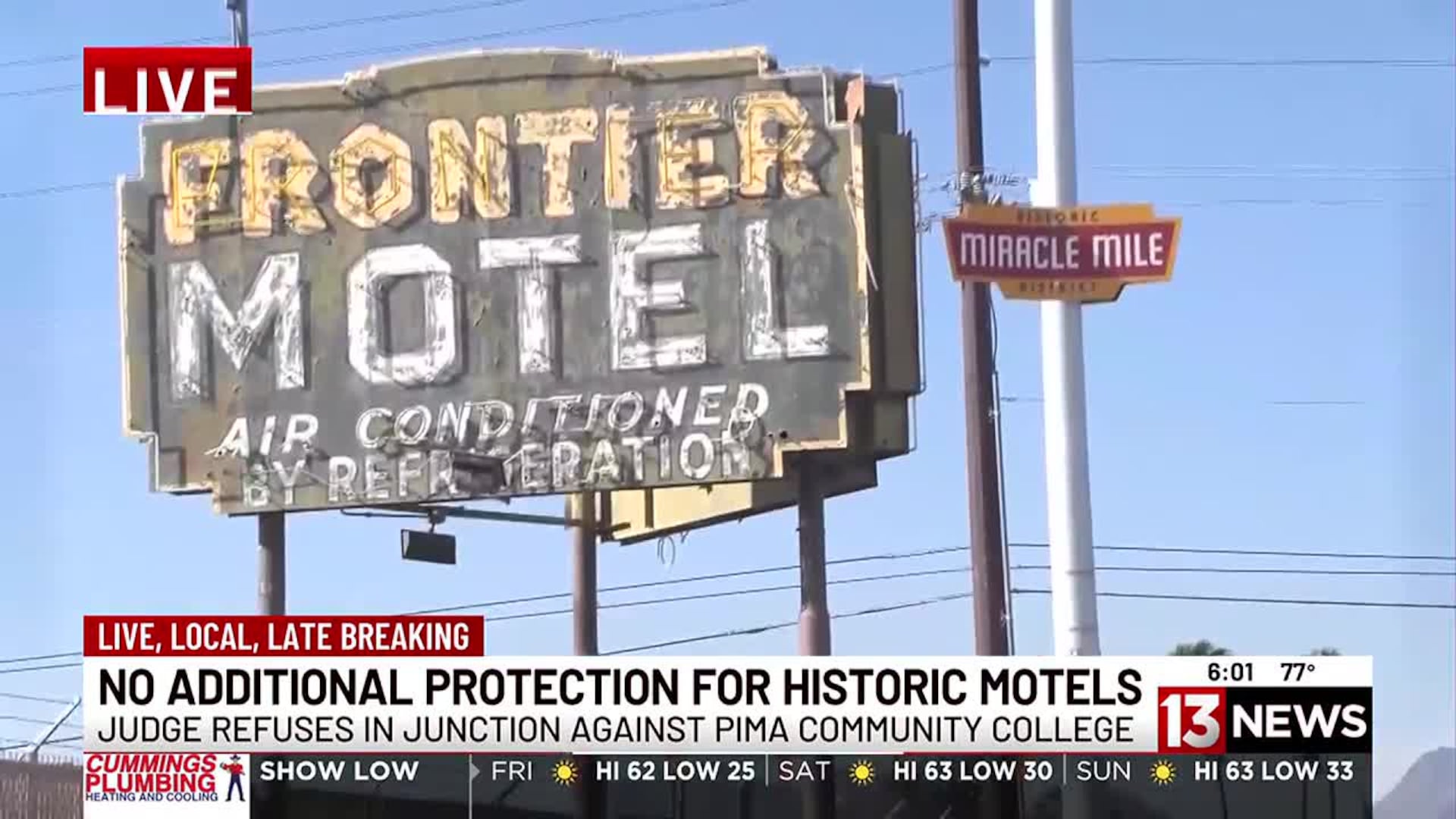

Preservation of Historic Properties: The Battle between Heritage and Progress
The Legal Showdown: Pima Community College vs Preservationists
A significant court decision has unfolded in Tucson, Arizona, involving a legal standoff between Pima Community College (PCC) and a coalition of preservationists. The root of the conflict stems from PCC's intent to demolish three historic motel properties—Tucson Inn, Frontier Motel, and Copper Cactus Motel—reportedly costing the college over $35 million to renovate. On the other hand, the preservation foundations view these properties as critical aspects of local heritage that need to be safeguarded.
Tucson Historic Preservation Act: Interpretation and Contention
The key legal pivot revolves around the interpretation of the Arizona Historic Preservation Act. The preservationist groups, namely the Tucson Historic Preservation Foundation and the Arizona Preservation Foundation, place their hope in the Act, which may offer protection for these historical properties. Yet, the verdict in favor of PCC highlighted a critical lens of legitimacy in the argument, the judge stating that the Act does not bind the college.
Political Subdivision or State Agency: A Fine Legal Distinction
While the preservationist parties assert PCC should be adherent to the Act in its capacity as a state entity, the legal decision refuted this claim. The pivotal judgement established that PCC operates as a political subdivision with elected officials, rather than a state agency that the Act governs, leading to a temporary restraining order and a possibility for an appeal. This distinction has far-reaching implications on the scope of the Preservation Act and its impact on local government bodies like PCC.
Pima Community College: Drawing a Path for Historic Properties
PCC articulates its stance on the matter clearly, citing diligence and transparency in determining the destiny of the properties. According to the college, attempts to explore preservation and redevelopment options were undertaken, including proposals to attract viable private-sector partnerships and extensive dialogue with community stakeholders. Despite these efforts, no financially sustainable or mission-aligned alternative emerged, leading to the decision to raze the buildings.
The Community's Perspective and the Possibility of an Appeal
The community sees these developments differently, with a sense of disappointment and concern. There's a shared belief that PCC's actions were merely ceremonial, undertaken to thereafter ascertain that every possible route was explored and no solution was viable. The short term future of the historic motels now teeters on the edge of demolition, pending either an appeal from the preservationist foundations or a final green light for the college's demolition plans.
The Future of Historic Motels in Arizona: Balancing Heritage and Progress
Arizona's heritage is a crucial element of its identity and culture. However, when heritage conservation directly confronts the forces of progress and cost-efficiency, a delicate balance is required. This case exemplifies the complexities in preserving historic properties while also seeking to serve evolving community needs and fiscal sustainability. It brings into sharp focus the importance of dialogue, negotiation, and balance in ensuring that Arizona's past is honored while its future is secured. PCC's predicament could either pave the way for innovative heritage conservation models or set a precedent for superseding preservation laws for the cause of progress.
One thing is certain, the fate of the Tucson Inn, Frontier Motel, and Copper Cactus Motel will be a benchmark case in Arizona's legal and heritage landscape. It serves as a stark reminder that balancing the concerns of heritage preservation and progress is a challenge that deserves our utmost attention, for the sake of both history's legacy and the seeds of the future.
Originally Post From https://www.kold.com/2024/12/20/pima-community-college-wins-court-decision-over-historic-motels/








No comments:
Post a Comment